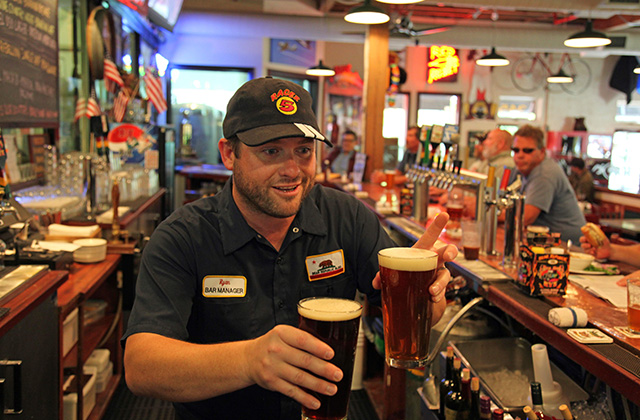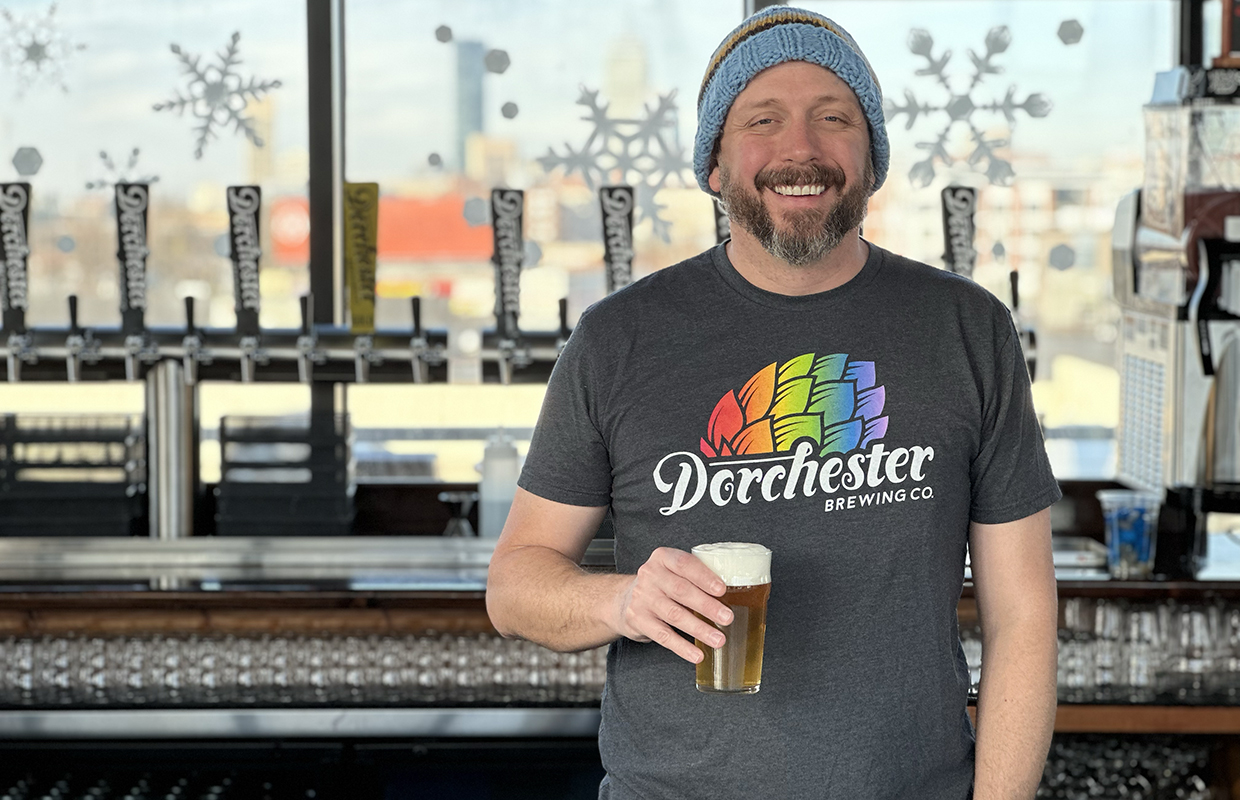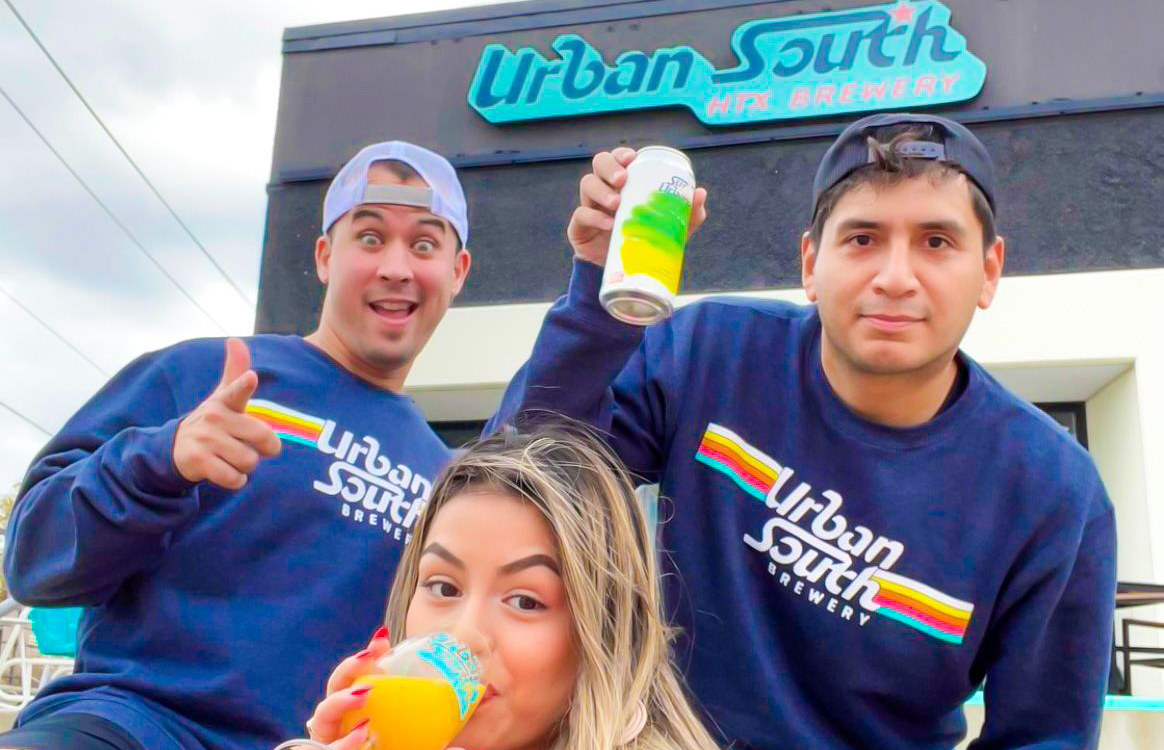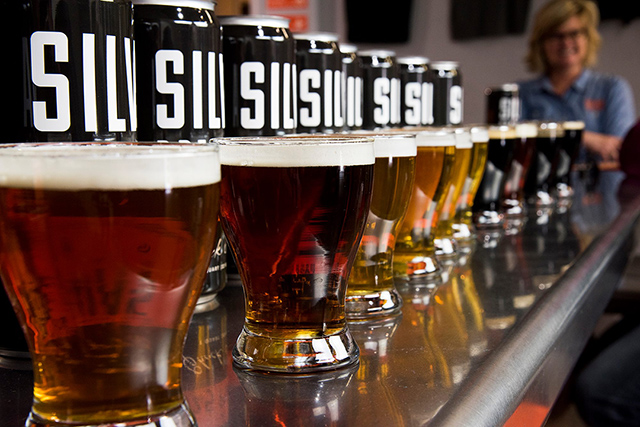
As craft beer grows, so do all aspects of the industry.
More beer production and more open breweries can mean more job creation. The incestuous and cylindrical hiring process seems to have been taken over for most hires now as more and more new jobs become available in the market.
Filling those jobs and finding the right hires can be key in success. Here are five tips on hiring young talent for your brewery:
Set a background bar:
Almost every brewery started in the last decade, or longer, started because a homebrewer wanted to sell their beer. With many homebrewers now taking college courses, a refined homebrewer can be a key asset right in a brewery’s backyard.
For Bear Republic, Brewmaster Richard Norgrove says he is always keeping an “ear to the ground” for homebrewers in Northern California that are looking to join the brewing crew and are willing to learn the ropes and be committed to the company.
He also keeps tabs with local colleges, such as UC-Davis to see what talent is being cultivated there. Internship programs, he said, net about one employee out of every five interns that Bear Republic has taken on.
“You get to try the person out, see if it fits,” he said.
Have a culture:
For Bear Republic, Norgrove is looking to hire people with “Type-A” personalities.
“You need to be a … problem solver here,” he said. “We need like-minded people.”
Norgrove, who has a military background, said he established a ranking system in every part of the brewing team. That means you start at the bottom and earn your way to the next level.
“If someone starts in the cellar they know they are going to work their butt off for 3-5 years to get into the brew team,” he said. “If someone chooses to leave, there is someone willing to take that spot.”
At Boulder, Colorado’s Avery Brewing, Human Resources Director Holly Pearson says they use the “Don’t be a Dick” philosophy.
“Strong personalities are welcome; arrogance is not,” she said.
She added that she and others at Avery are always engaging with anyone who is interested in working at Avery, including looking at people in like-minded industries, or even in the brewery’s taproom.
“If someone leaves a positive impression — whether by phone, email or in person — we stay in touch. Often there isn’t a good fit at the moment, but we can always reconnect in a month or even three years down the road,” she said. “It’s an ongoing conversation.”
Look for adults:
“Beyond beer enthusiasts, we look for intelligent, curious, fully-formed adults,” Pearson said. “We look for people who we want to work beside.”
Seems simple enough, but finding future employees that want to work to better the product and not just drink beer can be a fine line.
“It’s definitely harder to find great talent in sales these days,” Pearson noted. “Beyond the 4,000-plus breweries in place, there are hundreds more distributors looking for similar experience.”
Sometimes the best candidate referrals come from the employees. At Cleveland’s Great Lakes Brewing, employees are encouraged to help in the process.

“We have quality people who know quality people, and have had great success with that,” wrote the Great Lakes HR team of Becca Ritterspach, Sanda Brezo and Michelle Belviso. “The same can be said for our guests, as we have a poster hanging in our historic brewpub that features current openings. We also try to promote from within whenever possible, to provide growth opportunities for our current employees.”
Weed entries out:
On Avery’s “Careers Page” there is a request to submit a cover letter to have a candidate explain their fit for the role and their interest in beer. Submissions with no cover letter are usually a “pass,” said Pearson. It shows that something as simple as following directions can cut down on who is serious about working in the craft beer industry versus someone who may have just a glancing interest.
Making a potential employee work a little bit and think about why they want to work in the industry is a great way to find out if their talents are for what isn’t always a glamorous and “fun” industry.
Have a retention plan:
Keeping that young employee is also key. Norgrove, who opened Bear Republic in 1995, shared a story from when he applied at Anchor Brewery and talked with owner Fritz Maytag and brewer Mark Carpenter.
“They told me ‘If you get hired here you aren’t going to work anywhere else,’ ” he recalled. “That’s how I want Bear Republic to be. I want people to stay.”
He likened the situation to a major league baseball team. At Bear Republic, he has brewers sign a non-disclosure and non-compete contract. Norgrove doesn’t want to be a breeding ground for new breweries, instead he wants to have a strong group on his side for years and year.
“If I can keep them under contract for a few years and they want to grow with me, I want to keep them long-term,” he said. “We are working on retirement plans now for guys that have been here 10-plus year. We want them to stay and make this a career. You aren’t going to run into a lot of brewers that say they used to be brewers at Bear Republic.”
Added the HR team from Great Lakes: “As the craft beer industry continues to grow, we recognize the need to stay competitive in the benefits and work environment that we have to offer candidates, and not just what they have to offer us. After all, not only are we looking for the right fit, but so are the talented people that work in the beer industry.”
—-
Also, Ritterspach, Brezo and Belviso at Great Lakes pointed out that being professional in the application process needs dedication to response to all that apply.
“We may not be able to speak to each person individually, but each applicant will at least have a point of contact and not be left wondering what happened to their application,” they wrote. “The use of an online applicant tracking system has helped to streamline our recruiting process and communications, both internally as well as with the candidates.”




Be the first to comment